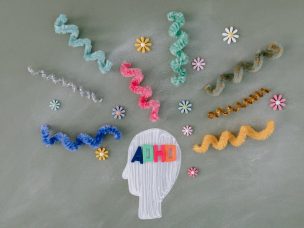Researchers from the Hebrew University of Jerusalem recently published a study in Health and Quality of Life Outcomes exploring the role that emotional dysregulation (ED) plays in attention deficit hyperactivity disorder (ADHD) and health-related quality of life (HRQoL). They sought to better understand this relationship to support future interventions for this population.
This cross-sectional study included over 130 young adults with and without ADHD. The researchers used the Self-Report Wender–Reimherr Adult ADHD Scale and the Difficulties in Emotion Regulation Scale to measure ED. They used the Adult ADHD Quality-of-Life Scale to measure the participants’ HRQoL. The researchers also collected data on ADHD medication use for the ADHD group.
Ultimately, it was found that the young adults with ADHD experienced significantly worse ED and HRQoL than their peers. Moreover, ED was found to affect the impact of ADHD symptoms on HRQoL. The medication status of the study’s participants with ADHD was not found to significantly affect the level of ADHD symptoms, ED, or HRQoL.
This study sheds light on how ED adversely impacts the HRQoL of young adults with ADHD. It can serve as a springboard for future studies with larger sample sizes to confirm and expand upon these findings [1].
Source:
[1] Ben-Dor Cohen, M., Eldar, E., Maeir, A., & Nahum, M. (2021). Emotional dysregulation and health related quality of life in young adults with ADHD: a cross sectional study. Health and Quality of Life Outcomes, 19(1). https://doi.org/10.1186/s12955-021-01904-8










